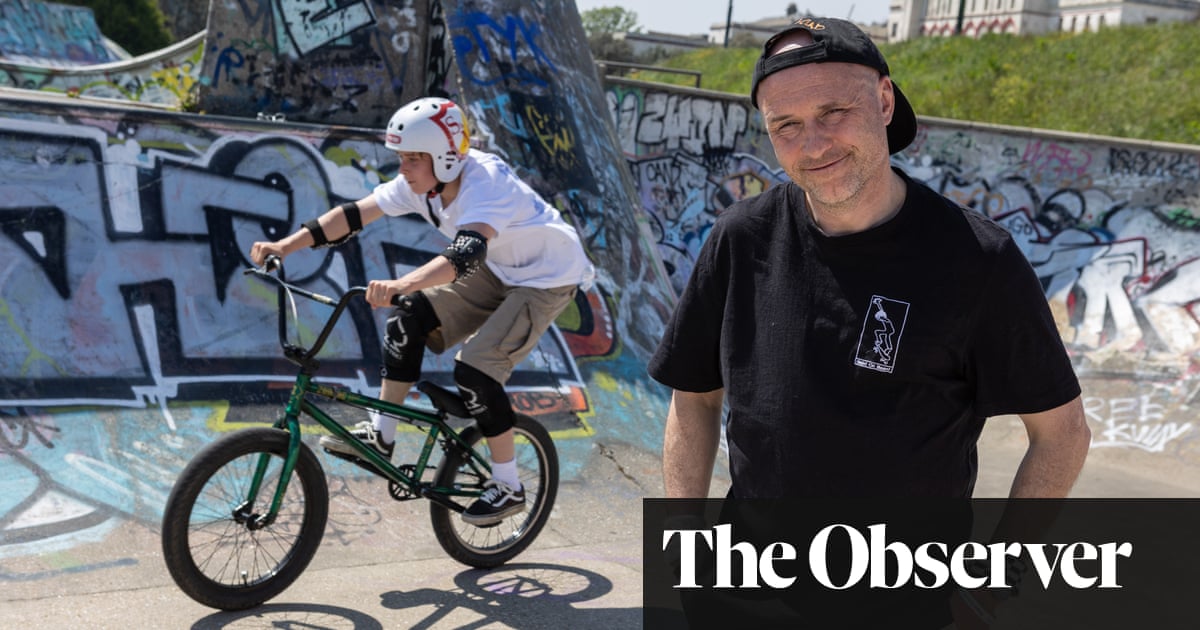
n improv, when one comic decides another performer’s scene has run its course, they dart across the stage to start a new one. It’s known as editing and for minority comics in mostly white teams, it can be a telling moment. Monica Gaga, a black, queer performer, says that when she brings up race or anything culturally specific, “the dynamic changes quickly. It feels heavy in the air – this room’s not ready for me to bring all of myself.” Standup Athena Kugblenu can relate to the feeling. “They don’t know what Supermalt is, they don’t know what ashy skin means, or about the plastic on the sofas – it’s just not their life,” she explains.
I’ve been performing improv for three years, often as the only black person on stage. Improv’s magic rests on spontaneous thought and smooth collaboration. But, increasingly, there’s an understanding that these qualities may be more likely to bring out unconscious biases than break new comedy ground. At its worst, a lack of conscious thought can lead to cartoonish stereotypes of race. Gaga has heard countless “creative leaps” between “Nigerian” and “online bank scammer”. When she uses an accent to add authenticity to a character, she finds that audiences might laugh before she arrives at the joke: “It’s literally just the accent that my mum’s got,” she says.
“Improv is heavily reliant on cultural shorthand,” says Kugblenu. “That’s what thinking quickly does – it makes you reach for the nearest stick to hand.” Gaga runs “wokeshops” and improv jams that promote a more inclusive style of improv. A typical exercise: “unpack the best – and worst! – of our instincts and ideas.”
At other times, the problems play out more subtly. In pursuit of smooth collaboration, improvisers may inadvertently prioritise the ideas that fit narrow (often white and male) cultural reference points, and edit out the experiences of minorities. “People dismiss you because they think what they do is normal,” says Kugblenu, “and what you do is a deviation from that.”
This might explain the hesitancy many minority performers have about introducing ideas. Many end up censoring their experiences as a result. For Kugblenu, it’s a reflection of everyday life: “It’s not unique to improv that we have to edit out parts of ourselves to make things go more smoothly.”
Kugblenu and Gaga are members of the popular BAME improv group Do the Right Scene, as is Shem Pennant, who now performs at the famed UCB theatre in New York. For Pennant, the real frustration is the missed opportunity to start conversations. “White, as a default, I think is such a huge problem,” he says on video call from Brooklyn. “You can literally do anything. You have a blank stage, an unpainted canvas where you can create any world and then what most people do is pull out two tables and have a polite conversation in a Pizza Express.”
For many minority performers, some white comics’ reluctance to touch on sensitive issues of race, gender or sexuality is understandable. They may not understand the references, and there’s a risk of saying something regrettable in the moment. To tackle this requires invention and bravery. Pennant toured with a show called The Code Switch, which sought to use improv’s freedom of thought and collaborative spirit to explore, rather than avoid, difficult questions of race. Performers would improvise scenes after talking to a minority audience member about how they navigate and adjust to different social spaces. For white performers and audiences it was a vivid immersion in the reality of code-switching and often their own complicity in racial bias. It was also hugely funny.
Great improv, like all great comedy, looks beyond collective points of reference. It reveals and remixes our biases in amusing ways, rather than reinforcing them. Today, there is a growing network of minority-specific improv teams who are doing just that, including Minority Report, Jumprov and the Comediasians, as well as Do the Right Scene.
It can feel naive to say that diversity makes ideas stronger. But if that’s more obviously true for comedy, it’s indisputably the case for improv. You don’t go for the easiest, most obvious references. You have to adapt more. You get more points of view in a scene. “Improv prioritises collaboration and breadth of experience,” says Minority Report’s Ishan Ganjoor. “It’s inherent to the art form.”
Improv serves as a reminder that good collaboration is about listening hard enough to notice and work with difference, rather than simple agreement. “Some people have never had to think about how being a minority can impact your experience,” says Bruce Tang of Comediasians.
For Gaga, there are clear parallels between improv and life as a whole. It works best when we step out of our comfort zone and face up to the limits of our experience. “We need to be uncomfortable but still be present. Let’s get used to not getting things right.”












